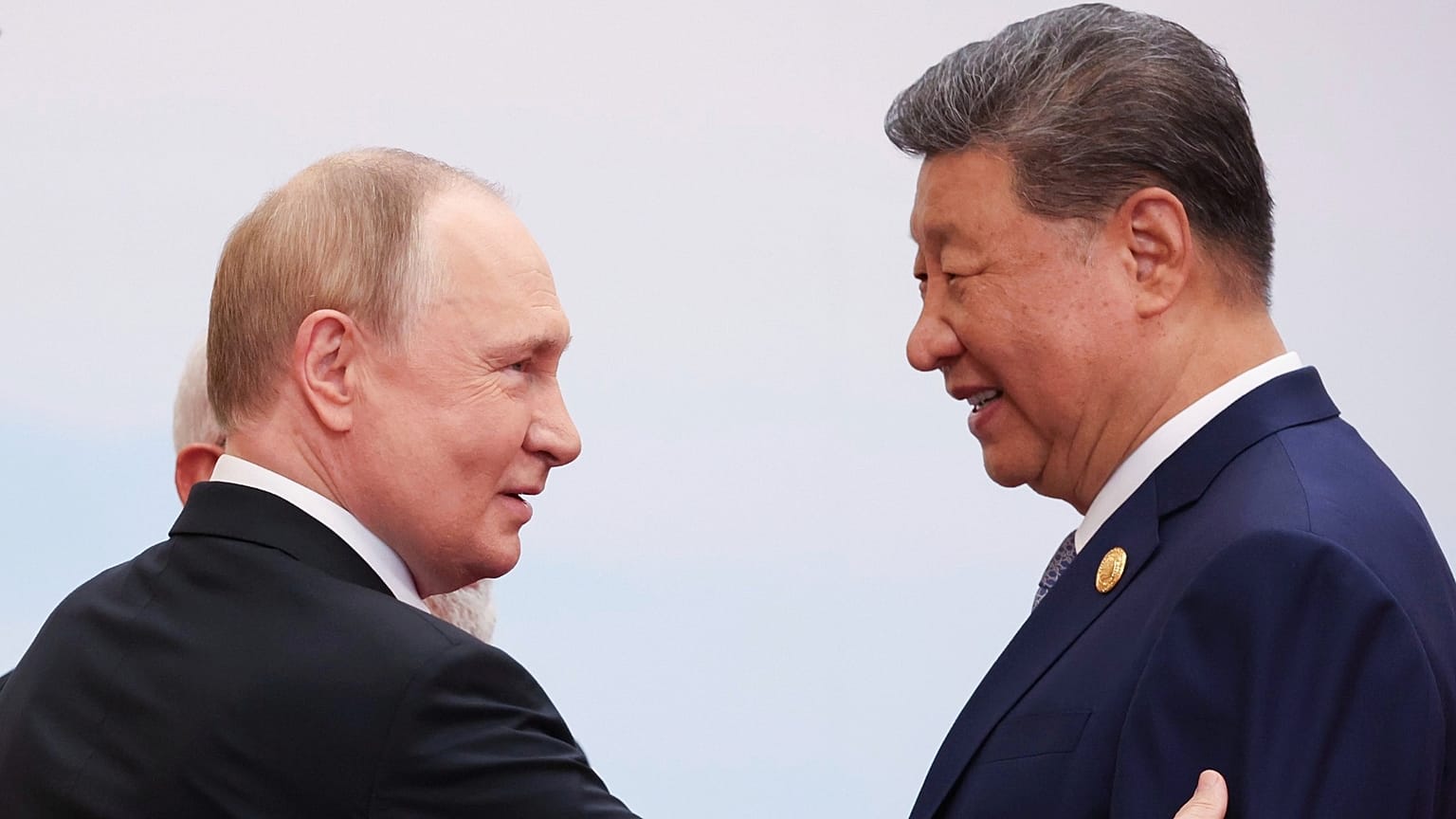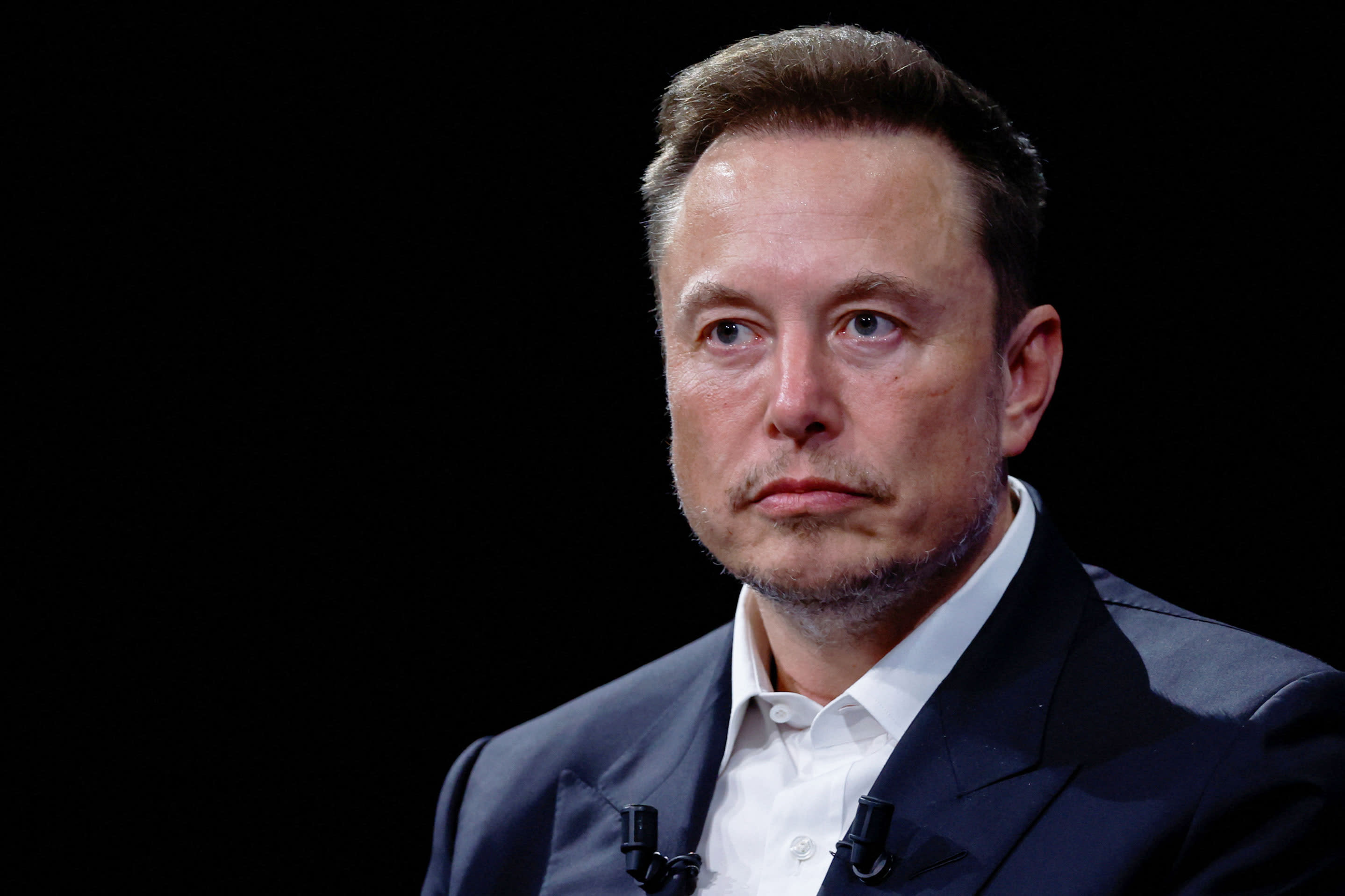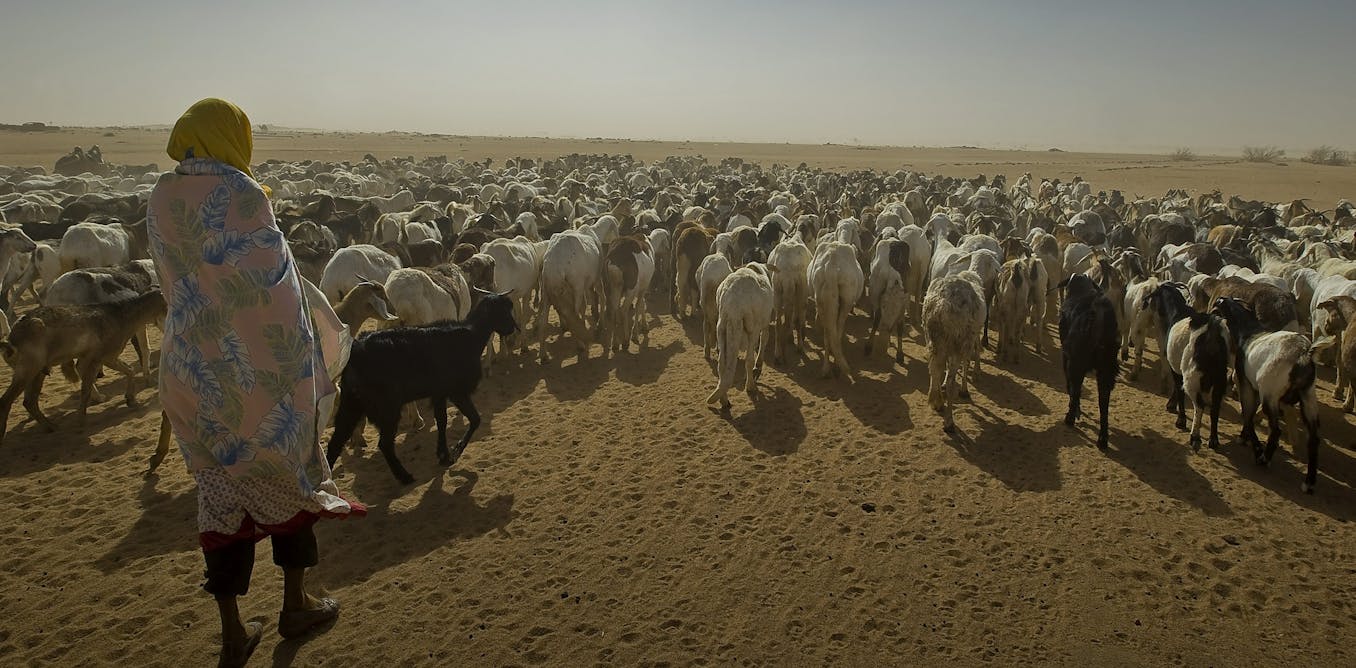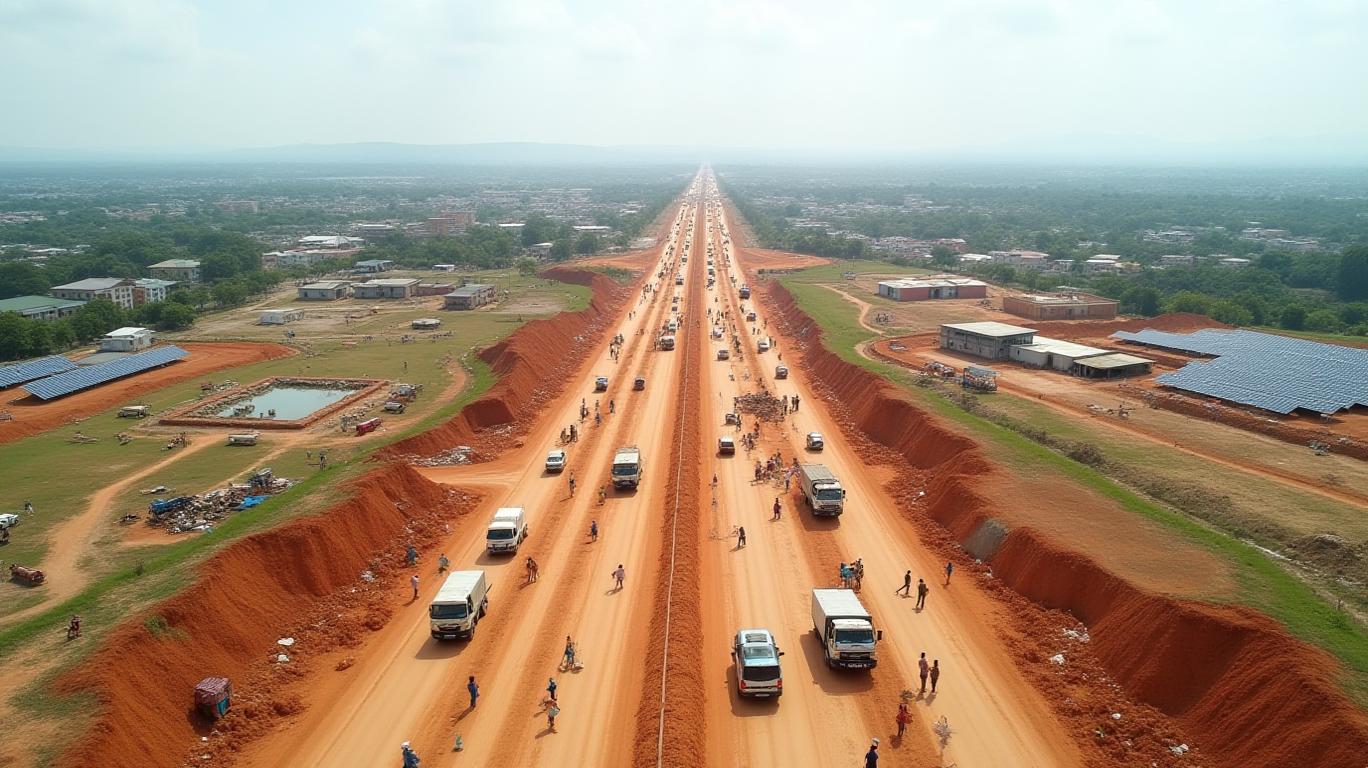The developing alliance between China’s leader, Xi Jinping, and Russia’s leader, Vladimir Putin, has captured the international community’s focus. Their increasing accord indicates a desire to propose an alternative to the Western-dominated global system, with both heads stressing strategic collaboration amid rising geopolitical strains.
This alliance has emerged in the context of increasing tension with the United States and its partners. China’s emergence as a dominant economic and military force, along with Russia’s ongoing opposition to Western strategies, has facilitated more extensive cooperation between these two countries. Their regular joint appearances and reciprocal backing in important global platforms highlight this mutual ambition for a multipolar world.
Observers have commented that the latest meetings between Xi and Putin have underscored a shared interest rather than just a symbolic partnership. Both countries aim to lessen reliance on financial systems controlled by the West, boost trade routes beyond conventional pathways, and increase their influence in areas such as Asia, Africa, and Latin America. These actions indicate a wish to counter what they view as excessive U.S. influence in world matters.
China’s diplomatic stance has become particularly strong in recent times, presenting itself as an intermediary and advocate for stability, while also bolstering its military presence in significant regions. The nation’s Belt and Road Initiative is steadily growing its economic connections, providing infrastructure investments to developing countries. This approach not only fosters trade but also increases China’s political sway in emerging markets, making it a competitive option to Western institutions.
Russia, for its part, remains intent on maintaining relevance despite facing extensive sanctions and political isolation from Western nations. By reinforcing ties with Beijing, Moscow gains an indispensable partner in trade and technology, helping to mitigate the economic consequences of Western restrictions. This interdependence has grown stronger since Russia’s involvement in the Ukraine conflict, which deepened the rift with Europe and the United States.
Both leaders have consistently highlighted the importance of honoring sovereignty and refraining from meddling in domestic matters, positioning themselves in opposition to what they characterize as interventionist approaches by Western countries. This perspective resonates with nations that perceive themselves as marginalized or limited by Western diplomatic influence, thus rendering the China-Russia alliance an attractive choice for those looking for different partnerships.
Energy cooperation remains a cornerstone of their alliance. Russia has redirected much of its oil and gas exports toward Asian markets, with China emerging as one of its largest buyers. Pipelines and long-term contracts ensure steady supplies, while Beijing secures essential resources for its rapidly growing economy. This energy axis strengthens their mutual dependency and reinforces the durability of their relationship.
Military cooperation represents another essential aspect. Combined drills and the exchange of defense technologies between the two countries have risen notably, indicating not just a diplomatic alignment but also a strategic enhancement. Although both leaders claim this partnership is primarily defensive, experts argue it sends a message to the Western nations that the international power dynamic is changing.
The significance of Xi and Putin appearing side by side at international gatherings is immense. Their alliance indicates that the time of unquestioned Western leadership could be waning. By aligning their stances on topics like global management, commerce regulations, and resolving disputes, they strive to influence organizations and standards to mirror their own interests and principles.
Despite the growing closeness, challenges persist. China remains cautious about becoming entangled in conflicts that could harm its global trade ambitions, while Russia seeks to avoid a relationship that places it in a subordinate position. The asymmetry in economic power—China being far stronger than Russia—creates a dynamic that requires careful management to maintain mutual benefits without eroding sovereignty.
Western governments view this alignment with concern, interpreting it as a direct challenge to the liberal international order. Sanctions, diplomatic isolation, and military support for allies are some of the measures being employed to counterbalance this emerging axis. However, the resilience of Xi and Putin’s cooperation suggests that this partnership is not a temporary arrangement but a long-term strategy.
The consequences of this partnership reach further than just bilateral ties. For nations in Africa, the Middle East, and Latin America, it provides a chance to broaden their alliances and find new avenues for investment and security collaboration. Consequently, Western powers might experience a slow decline in their influence within these areas, resulting in a more divided global environment.
Global organizations and multilateral forums are also likely to experience the effects of this partnership. Both China and Russia have signaled their intention to advocate for reforms in institutions such as the United Nations, the World Bank, and the International Monetary Fund. By pushing for changes that reflect a multipolar reality, they aim to weaken Western leverage in shaping international norms and economic systems.
From an economic perspective, China’s position as a worldwide production center and its progress in technology fields like artificial intelligence, telecommunications, and sustainable energy grants it considerable influence. Russia offers resources and military knowledge, forming a complementary synergy that furthers their mutual objectives. Together, they aim to establish a network that is more resilient to Western penalties and financial constraints.
Public perception in both countries reinforces this trajectory. State media in China and Russia frequently emphasize the strength of their partnership and frame it as a force for fairness and stability in global politics. This narrative resonates domestically, bolstering the legitimacy of both governments as defenders of sovereignty and independence in a world they portray as dominated by Western interests.
As the world observes the tightening bond between Xi and Putin, questions arise about the future of international relations. Will this alliance usher in a new era of geopolitical competition, or can it coexist with Western powers in a balanced framework? The answer will shape the course of diplomacy, trade, and security for decades to come.
One certainty remains: the relationship between China and Russia has evolved from pragmatic cooperation to a strategic partnership with global implications. As they continue to present themselves as champions of a multipolar order, their combined influence is set to reshape the international system, challenging assumptions about who leads and who follows in the 21st century.







